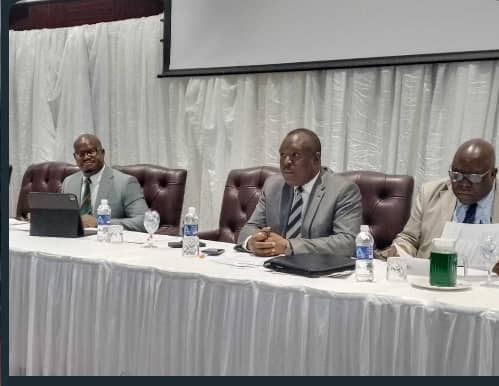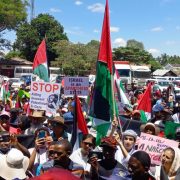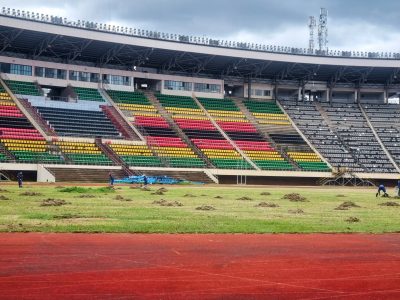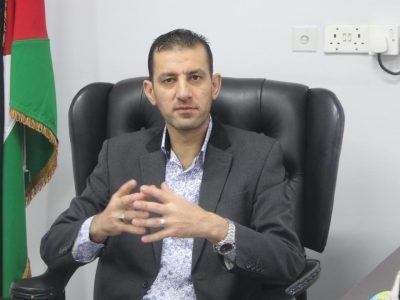The role of the media in communities is vital and this was hailed at a Gukurahundi Media Sensitisation Workshop which focuses on uniting people and communities.
In his keynote address during the launch of the workshop in Bulawayo today, Mr. Nick Mangwana, the Permanent Secretary for the Ministry of Information, Publicity and Broadcasting Services said the media has a critical role in the resolution of past conflicts.
“The media can help inflame sentiments that are residual to past conflicts or help problem solve by remaining independent and alleviate potential escalations. The media has to be consistent in its coverage of internal conflicts such as Gukurahundi so that those who were not there can understand.
“The International Media is hardly interested in conflict resolution. They are interested in the conflict. They could cover the war in Congo but not the resolution. They could cover the civil war in Angola, but not the coming back together of the former protagonists. They had a lot of interest in the interactive atrocities of Rwanda but not the Gacaca courts of conflict resolution.
“But the majority of all here, this is your country. You have a role to ensure that those within the country know the positions that are coming from your communities. Those outside the country are informed about how Zimbabwe has chosen Internal solutions to past internal problems,” Mr. Mangwana said.
Speaking on the same occasion, Chief Fortune Charumbira, the Deputy President of the National Council of Chiefs, said the workshop is part of the roadmap to eventually reach the survivors in the villages.
“We are here to find ways of engaging the villagers, some of them who will narrate harrowing experiences. There is a need to protect the privacy of individual families. The media should be sensitive to other issues of privacy. The ultimate objective is to promote peace and harmony among our people and find closure to the sad episode of Gukurahundi. We are also going to invite the people of Rwanda who have come out of a debilitating genocide where in only 3 months, 1 million people were killed but they have united and today, the country is one of the most peaceful and thriving countries in the world,” Chief Charumbira said.
Mr. Mangwana said the funding of this catharsis program is internal. Gukurahundi was an internal conflict. The solutions are also internal and homegrown. The Media has a role in bringing cohesion in the communities, in the district of the country.
The media can arouse public opinion in any direction. It can play a role in perpetuating negative sentiments by one group against another. In this case, the media would have chosen strife ahead of peace.
“When you hunt in packs seeking the exclusive, just think how this impacts the flag. In everything you report, when everything has been done, all of us still have a country to go to. Let’s report responsibly. At an individual level each reporter, each editor, or media practitioner may have their own preferred outcome from this, those biases are understandable. But when all has been said and done, what is in the best interest of the country? Continued in simmering resentment or people drawing a line under one of the most difficult periods of our history? Those who head media organisations in our midst, what are your editorial priorities?
“Naturally, in the early days of the community consultations and engagements programs, there will be immense media interest and intense focus on it. But soon some interest will wane and fade off. By the end of the year, the resources will be channeled elsewhere. But colleagues, this certainly is an occurrence of historical significance. Please hold your nerve and ensure we continue to be kept abreast with what will be happening,” Mr. Mangwana added.
He reiterated that the media space should not be the arena for brewing internecine conflict. The public sphere has been constitutional in such a way that the media has to play a constructive role in the conflict resolution tackling issues around Gukurahundi.





Comments